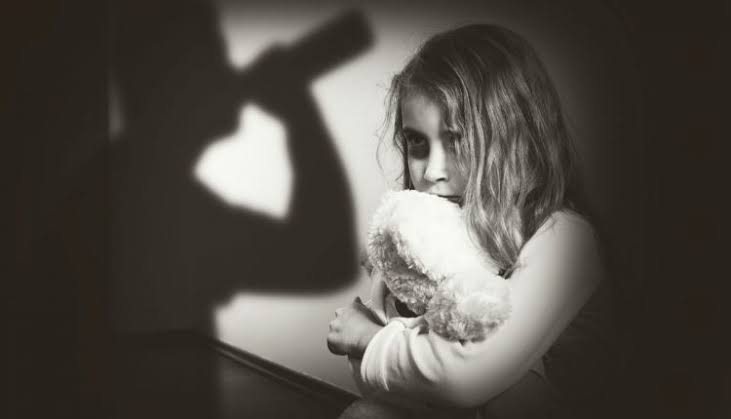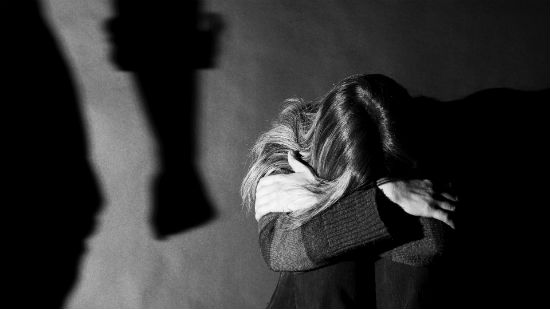
How Domestic Violence Affects Children
Watch your actions; they will affect your child’s life!
The biggest lie people tell themselves is that their constant fighting will not affect their children. They believe that irrespective of the domestic violence children witness in their homes, they will grow up to be normal individuals. However, children cannot be immune to the disruptive domestic conditions in their lives. Contrary to their forced blindness, domestic violence leaves its marks on the psychology of children that manifests itself in numerous ways.
Children who witness domestic violence show physical, emotional and behavioral problems. We have discussed these in detail:
1. Physical
Being exposed to domestic violence on a continuous basis can physically affect the children.
• In infants facing such a situation can cause delayed responses, diarrhea, and developmental delays.
• Toddlers show various physical signs including uncontrolled bowel habits, unaccountable injuries, bedwetting, cold sore, stomach aches, headaches, self-abuse, ADHD, poor personal hygiene, and complaints of constant fatigue.
These children are prone to indulging in destructive habits such as drugs and risky behaviors as they grow up.
2. Emotional
The emotional damage that domestic violence does to the children significantly exceeds its physical effects. While the physical effects might be temporary, the emotional turmoil can last much longer.
Some children react to the emotional suffering with anger while others experience traumatic feelings. The latter can result in post-traumatic stress disorder with its characteristic symptoms of insomnia, nightmares, short attention span, and difficulty in concentrating.

3. Behavioral
Finally, every child who watches one of their parents abusing the other reacts to the situation in their own way. There are characteristic behavioral issues that these children exhibit. The most common of these behavioral patterns include:
• Regressing
• Lying to avoid confrontation
• Distrusting adults
• Exhibiting outrageous behavior
• Getting easily intimidated
• Imitating behaviors
Perhaps one of the worst results of domestic violence is that children start believing that violence is an acceptable behavior. As a result, they end up either becoming the abuser or surrendering when abused by others. This is especially the case for their intimate relationships.
- Other behavioral problems that stem from witnessing domestic violence during childhood are mainly social.
- Such children grow up to be reserved and shy to the point of isolation
Their sense of security and safety is jeopardized so they have a hard time getting close to people. Consequently, this makes it difficult for them to make friends and control their tempers.
The first 5 years of a child’s life are extremely important because that’s when they are unconsciously learning a lot from their environment. Witnessing domestic abuse and violence during these early years can have a long lasting effect on one’s personality. Healing such wounds take a lot of time and even then the scars may never vanish!

